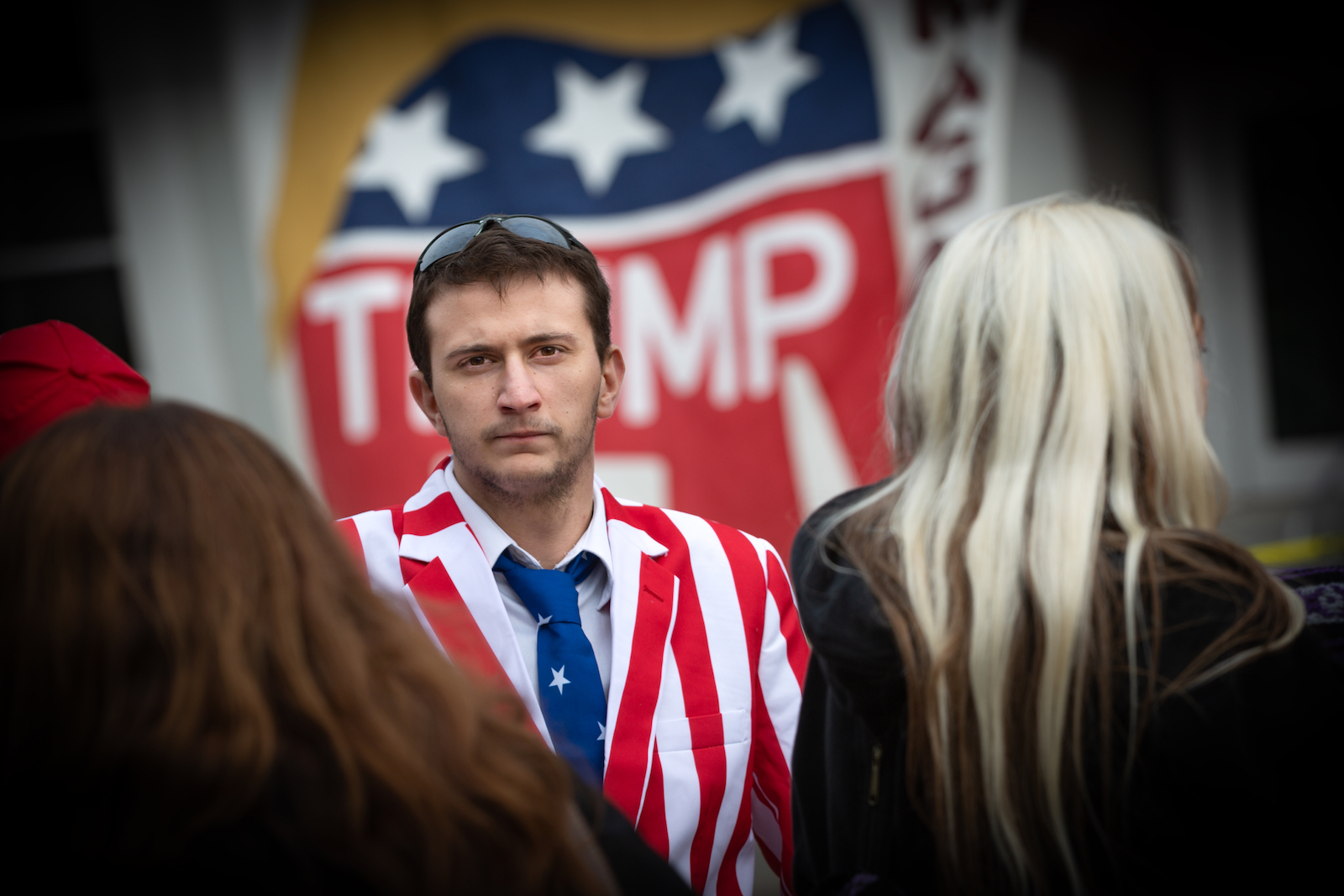
Politics
Economic Nationalism : Sometimes the Angry Mob Has a Point
In the National Review, Darren Beattie wrote a strong, concise defense of economic nationalism. Economic nationalism is the loose definition for proposals that direct the federal government to set trade policies that support American industries and America’s industrial base. These days in the public consciousness, it is closely identified with President Donald Trump & Steve Bannon’s populist rhetoric and supporters, as well as the supporters of Bernie Sanders and other progressive Democrats. This is in stark contrast to the status quo, that’s in favor of “free markets”: slashed or eliminated regulations on multinational corporations and international trade.
The whole article is worth reading. In my opinion, the most important points are that:
1. A cost-benefit analysis of free market policies must calculate the “costs” of higher unemployment, lower wages and fewer stable jobs, vs the “benefits” of the free market, namely lower prices on goods & services. Cheap goods aren’t a great boon to working-class families that have a far more difficult time finding decent-paying jobs than they used to.
2. A fair amount of free market dogma was generated during the latter years of the Cold War, in which free market proponents in the West saw their ideas as a patriotic bulwark against the centrally-controlled communism of the USSR, China, and allies. Post-Cold War, we should re-evaluate free market dogma to determine what our economic priorities should be in a world “won” by Western values.
I don’t have much to add to the article, except to note that the “good old days” of the 1950s-1970s, when the working class and middle class had more of a chance at job security and economic mobility, was an era that was far more economically nationalist than the present. The “social contract” got thrown under the bus in the last couple of decades of the 20th century and we’re seeing the results today: unprecedented economic inequality, shocking lack of social mobility, rapacious corporate greed and zero job security.
The struggle between the wealthy and the lower classes has caused much upheaval in the last 10 years, most noticeably in movements like Occupy Wall Street, the Tea Party, the Bernie Sanders populists on the left, and the Trump populists on the right. A culmination of sorts can be seen in the 2016 election, when Bernie very nearly beat the well-funded establishment candidate Hillary Clinton, and the billionaire right-wing populist Trump beat several talented mainstream Republicans, as well as Hillary Clinton, on his way to the Presidency.
We shall see if Trump’s actions match his rhetoric on economic nationalism, or if the free marketers will win out. I predict this current of economic angst will continue to fester until some semblance of the “social contract” returns to our society. The free market conservative and neoliberal bipartisan consensus that glibly rejects economic nationalism may want to take a moment to look up from their stock market charts to look at the pitchforks and torches at their doorsteps…

